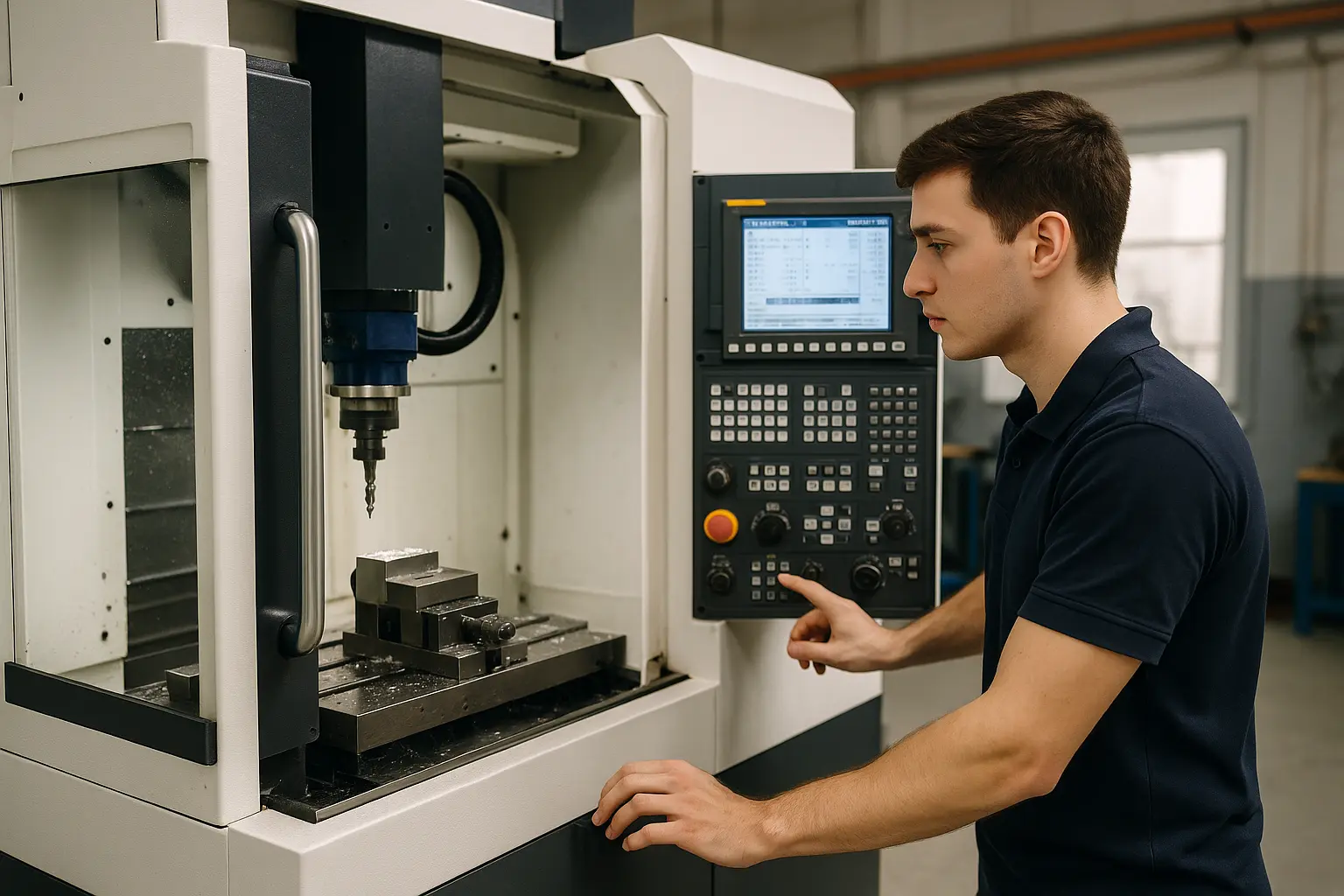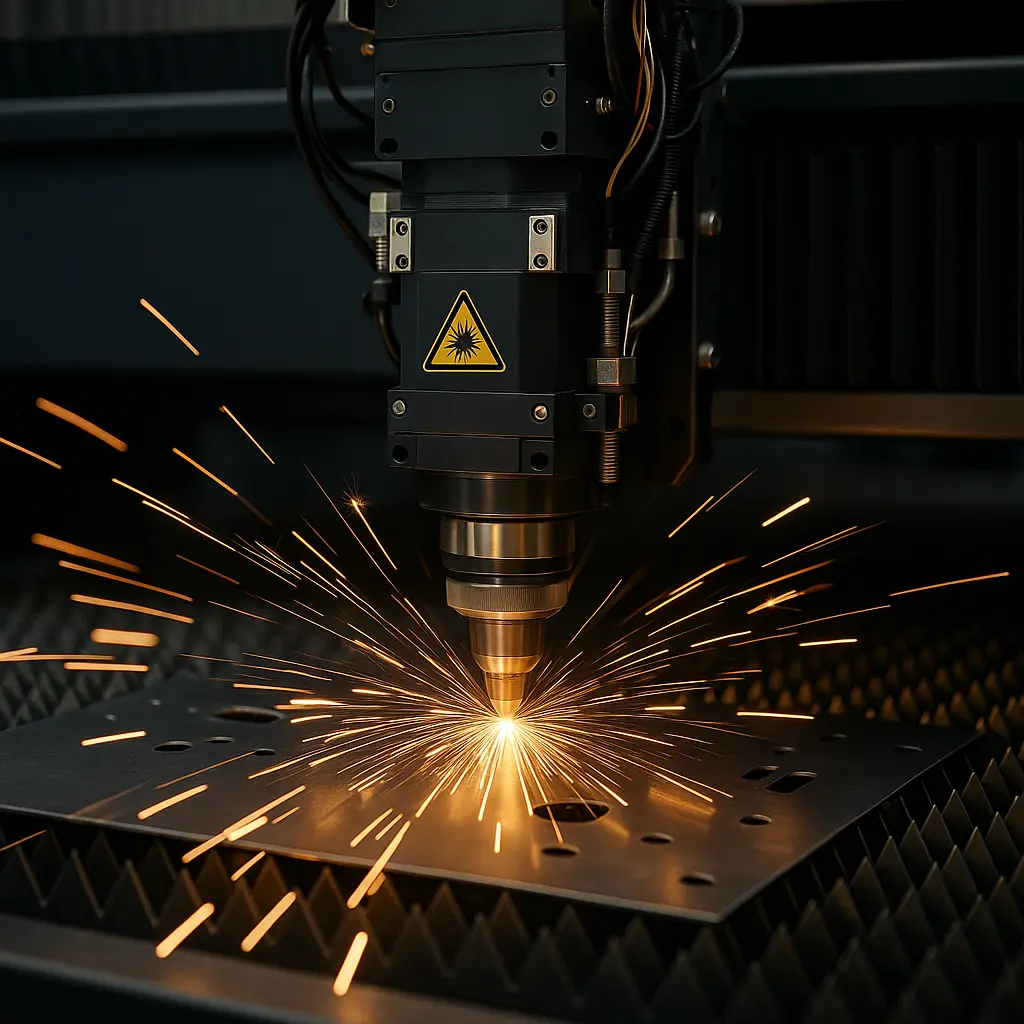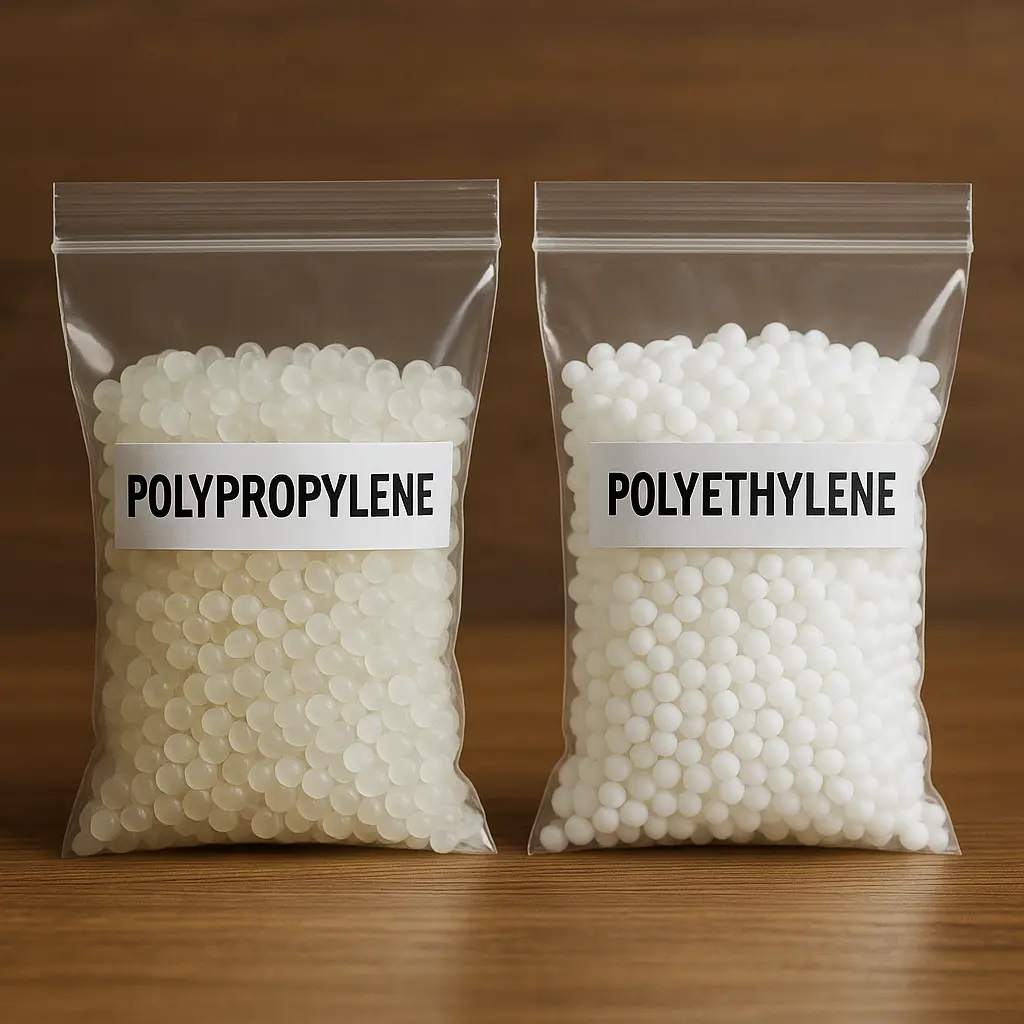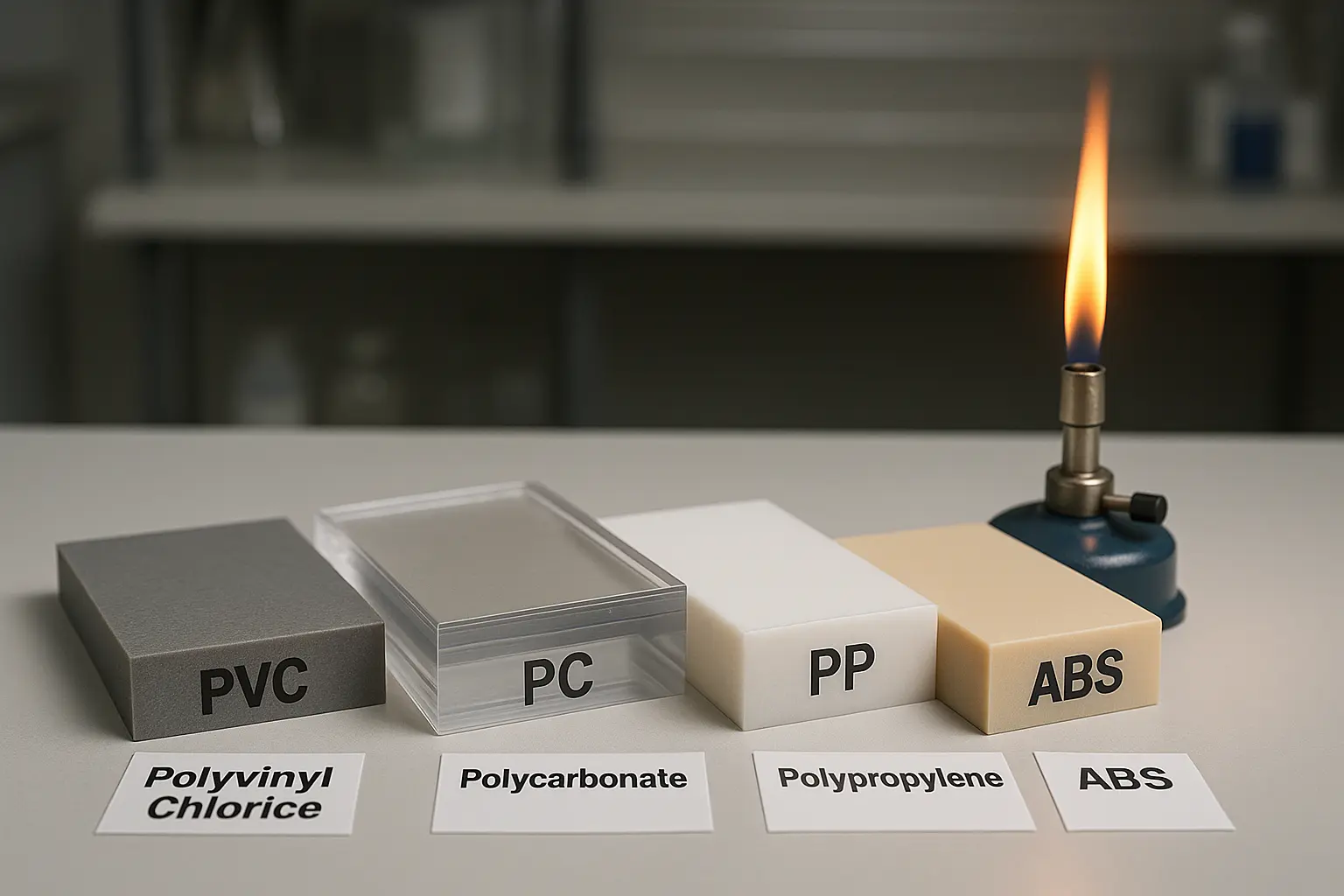Have you ever wondered how a flat, boring sheet of metal becomes the perfect phone case, airplane wing, or robot arm? The answer is sheet cutting services—the behind-the-scenes magicians that slice, zap, and carve raw sheets into ready-to-use parts.
In a nutshell, winning with sheet cutting looks like this:
- Pick the service that matches your material.
- Share a clean CAD file.
- Approve a quick prototype.
- Check tolerances before the big run.
- Celebrate burr-free parts that fit the first time.
In this guide, we’ll follow every step of the journey—tools, materials, costs, safety, and future tech—so you can order parts with zero guesswork and maximum confidence.
Sheet Cutting Services: From Blueprint To Reality

Fifty words: Every masterpiece starts as a digital drawing. Skilled operators translate those lines into machine code, clamp a shiny sheet on the bed, and watch sparks dance. Sheet cutting services turn a quiet blueprint into a tangible piece you can hold, bend, and bolt together.
Design Intake
Forty words: Your drawing is the treasure map. Engineers review dimensions, add kerf allowances, and plan precision sheet cutting paths. Catching a single typo here can save a whole batch from the scrap bin.
Machine Setup
Forty words: Operators swap lenses, focus lasers, and set pierce delays. Even a half-millimeter misalignment can warp holes, so perfect zeroing is non-negotiable.
Quality Check
Forty words: Vision cameras scan edges, while calipers confirm thickness. Deviations trigger on-the-spot tweaks, proving that smart data equals perfect parts.
Why Choose Sheet Cutting Services?

Running a personal workshop sounds fun—until you price a six-figure laser. Outsourcing to seasoned sheet cutting services unlocks world-class tech, trained talent, and overnight turnaround without draining your wallet.
Info: Top shops hit ±0.05 mm tolerances daily—tight enough for satellites.
Outsourcing also adds flexibility. Need ten aluminum brackets on Monday and 2,000 steel gussets on Friday? A reputable sheet cutting company scales without blinking, so you never pay for idle machines.
Types Of Sheet Cutting Technologies
Laser, waterjet, plasma, and mechanical shears may all cut sheets, but each shines in different situations.
| Cutting Method | Typical Thickness Range | Edge Quality | Best For |
|---|---|---|---|
| Fiber-Laser | 0.2–20 mm | Excellent | Stainless & aluminum |
| Waterjet | 1–150 mm | Very good | Composites, glass |
| Plasma | 3–50 mm | Moderate | Structural steel |
| Shear/Punch | 0.5–6 mm | Good | Straight cuts |
Laser Cutting races through thin metal with surgical precision. Waterjet Cutting uses cold water and grit, making it a champ for plastics and marble. Plasma Cutting is the budget hero for thick steel. Mechanical shears and punches keep costs low for straight lines and simple shapes.
Quick Tip: Combine custom sheet cutting with in-house bending, and you’ll receive parts that go straight from box to assembly.
Material Matters: Working With Metals, Plastics, And Composites
Aluminum reflects light, stainless oxidizes, carbon-fiber frays, and acrylic melts. Pros tweak speed, gas mix, and standoff height so sheet cutting for metal parts stays crisp while plastics keep their polish.
Testing matters. Sending a 200-mm square sample lets your partner lock in the cleanest cut without risking your full sheet. It also reveals if a switch from CO₂ laser to fiber laser could halve dross.
Suggestion: Ship an extra test coupon with every order—data today equals fewer rejects tomorrow.
The same logic applies to exotic alloys. Titanium and Inconel need argon shielding to prevent ugly burn marks. A seasoned sheet cutting company keeps specialty gases on tap, sparing you the logistics headache.
Choosing The Right Sheet Cutting Company

Here’s the revised paragraph with the focus keyword “Sheet Cutting Services” included twice naturally:
Not all Sheet Cutting Services are equal. Check for ISO 9001, AS9100, or IATF 16949 certificates—proof they live by documented processes. Ask to tour the floor virtually; shiny machines reveal investment, while tidy scrap bins reveal discipline.
Fact: Shops that publish real-time on-time delivery stats slice lead times by 15 % on average.
Communication is just as important. Do they offer instant quotes? Can you chat with an engineer, not a call-center bot? The best Sheet Cutting Services provider answers, “Sure, let’s jump on a quick screen-share.”
Finally, confirm they understand custom sheet cutting needs. Complex nests, odd alloys, and powder-coated sheets require experience you can’t Fake.
Custom Sheet Cutting Vs. Off-The-Shelf Parts
Buying standard washers in bulk is smart. But if you need a bracket shaped like a boomerang, custom sheet cutting is the only path. You’ll pay a small setup fee yet save hours of drilling and grinding.
Mixing strategies works, too. Use catalog parts for generic jobs, then call sheet cutting services for specialty bits. That blend slashes inventory while keeping something unique up your sleeve.
And remember intellectual property. Custom parts with hidden stamps can deter copycats better than any patent.
Precision Sheet Cutting Best Practices
Consistent success relies on disciplined habits:
- Nest parts are tight to save material.
- Cut sharp inside corners last to prevent heat buildup.
- Record kerf width daily; drifting effects fit.
- Use nitrogen assist gas for stainless to dodge discoloration.
- Apply SPC charts—if a dimension creeps, stop the run before the scrap explodes.
Each habit keeps precision sheet cutting on target and your budget on track.
Safety First: Handling Machines And Materials
Fiber lasers burn skin in milliseconds, and waterjets slice concrete. PPE is life. Goggles rated for your laser class, cut-resistant gloves, and steel-toe boots are the bare minimum.
Danger: Never look directly at the light from a laser. Permanent eye damage is instant.
Safe shops also control fumes. Stainless steel fumes can contain hexavalent chromium, so a robust extractor saves the lungs.
Training matters, too. Fresh hires shadow veterans for 40 hours before touching hand controls. Ask your sheet cutting company how they onboard rookies.
Cost Breakdown And ROI
The price per part is only the first chapter. Set up, quality checks, deburring, and shipping of all add line items. A quote that seems high may include full finishing, while cheap bids leave you sanding edges all weekend.
Use an annual-cost lens:
| Cost Factor | One-Time | Recurring | Hidden? |
|---|---|---|---|
| Machine Purchase | $120 000+ | Maintenance | No |
| Outsourced Cut Fee | None | Per Part | Sometimes freight |
| Deburring | Tooling | Labor | Often ignored |
Warnings: Low quotes that skip post-cut deburring can inflate your real cost by 30 % when you add manual cleanup.
Sometimes, a small in-house shear pays off for regular square blanks, while tricky shapes stay with sheet cutting services. Hybrid math wins.
Troubleshooting Common Sheet Cutting Issues
- Wavy Edges – Feed speed too high; slow it by 10 %.
- Heavy Dross – Boost assist gas pressure or switch gas.
- Burn-Through – Drop laser power or switch to pulse mode for thin stock.
- Tapered Holes – Calibrate focus; the beam may be off-center.
Document every tweak. A living log lets the next operator start the shift with dialed-in sheet cutting services, not guesswork.
Future Trends In Sheet Cutting Services
Robots are loading sheets at 3 a.m. while AI rearranges nests to save every millimeter. Femtosecond lasers now cut glass without cracks, opening phone-screen markets. Sensors feed live edge-quality data to clouds that adjust on the fly, pushing precision sheet cutting toward nanometer tolerances.
Sustainability steps up, too. Closed-loop waterjet systems recycle 95 % of water, and solar roofs power daytime shifts. Soon, ordering sheet cutting for metal parts could be as green as it is sharp.
Conclusion
Sheet cutting services transform flat sheets into the gears, brackets, and casings that drive our modern world. By matching the right technology to your material, partnering with a certified sheet cutting company, and following best practices in custom sheet cutting, you’ll secure parts that fit the first time, ship on schedule, and stay within budget—every single order.
FAQs
What’s the smallest hole a laser can cut?
Most fiber lasers handle holes as small as half the sheet thickness, so a 1 mm sheet allows roughly 0.5 mm holes.
How fast can waterjet cut titanium?
Expect 50–100 mm per minute on 10 mm titanium, depending on pressure and abrasive flow.
Can I reuse scrap material?
Yes, nesting software can re-scan leftover sheets and tuck small parts into the gaps.
Is plasma precise enough for artwork?
With fine-cut consumables, plasma edges can rival laser quality on 3 mm steel signs.
Do I need post-cut heat treatment?
Laser and waterjet add minimal heat, so most parts skip additional treatment unless the design dictates.













